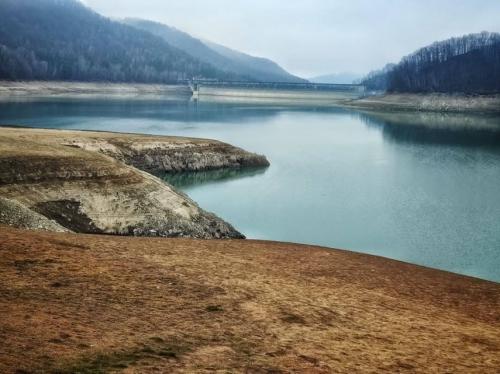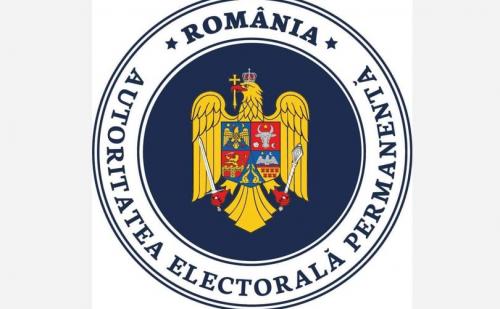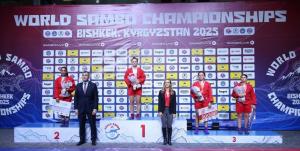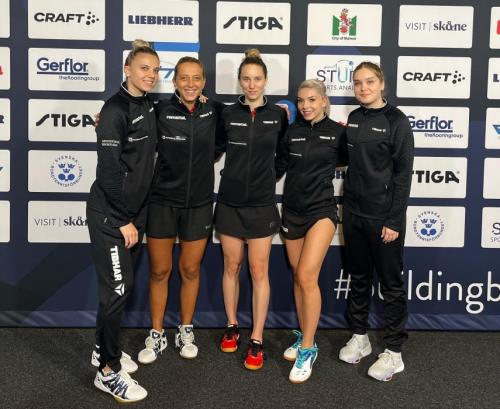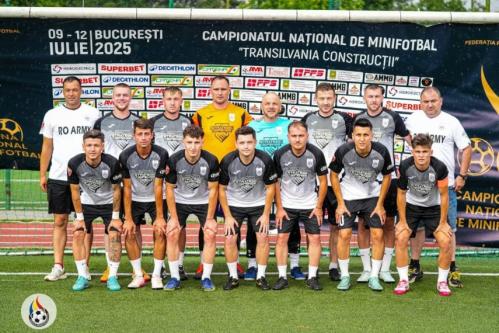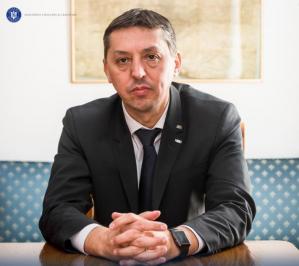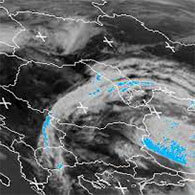Private investments and Public-Private Partnerships are the only viable solutions to optimize the Romanian district heating system, according to a PwC report
Private investments and Public-Private Partnerships are the only viable solutions to optimize the Romanian district 1406
Marime text
1406
Marime text
Bucharest, 15 June 2011. The Romanian district heating system needs 5 billion EUR worth of investments in the next 10 years in order to increase its efficiency, reduce losses and comply with the EU environmental standards, according to the "Challenges and Opportunities for the Romanian district heating system" PwC Romania report. The only viable way to perform such investments in the required timeframe is through increased private involvement in the field and Public-Private Partnerships, as in the current system, which is controlled mostly by local authorities, the annual amount of investments is of only 30 million EUR, which is totally insufficient.
It is estimated that almost 30% of the thermal energy produced in Romania is lost before it reaches the consumers, three times higher losses than in other EU countries. As a consequence of the inefficiency of the system, the cost for Gcal. in Romania is 20% higher than in other EU Member States.
"The Romanian district heating system is highly inefficient and relies heavily on state subsidies in order to provide thermal energy at an affordable price for the population", stated Bogdan Belciu, Partner, Advisory Services, PwC Romania, one of the authors of the report.
The average subsidies granted on a national level amount to 40% of the approved distribution price for the operators per Gcal., which cost the public budget up to 500 million EUR yearly. In spite of the high subsidies level, most of the operators in the field are running losses and have high debts, which prevent them from financing the much needed investments in the rehabilitation and optimization of the system.
"Starting from next winter, the distribution granting criteria for the subsidies for the population will change, according to the EU and IMF memorandums. This might cause serious social problems, as we estimate that, in the absence of an alternative way of directing heating subsidies towards the vulnerable population, the heating costs might surpass the accepted level of 10% of the average income of a household, reaching 12% on a national level, or even 14-15% in some regions", added Bogdan Belciu.
However, the PwC report states that with increased private involvement in the field and higher investments, the district heating system might become economically viable, providing thermal energy at 20% to 40% lower costs than in an individual heating system and with substantially fewer carbon emissions.
In the past 15 years, the number of towns and villages connected to the district heating system fell from over 300 municipalities in 1996 to just 100 in 2010, out of which 83 are town and 17 villages. Overall, just 18,37% of the Romanian population has access to the thermal energy provided by the district heating system.
Bucharest alone accounts for 37% of the thermal energy distributed on a national level, while Central Romania is the region with the lowest penetration rate for the district heating system.
"The Romanian district heating system has a huge potential for increasing efficiency and optimization. From choosing the most cost-efficient fuels, to improving processes, adopting the co-generation model and revamping its distribution networks, there are multiple ways to reform the system and transform it into a successful model that provides affordable heating in an environmental friendly way. However, running the system in a business as usual manner is a non go and public authorities must change their approach towards this issue in a radical fashion as soon as possible", concluded Bogdan Belciu.
About PwC:
PwC firms provide industry-focused assurance, tax and advisory services to enhance value for their clients. More than 161,000 people in 154 countries in firms across the PwC network share their thinking, experience and solutions to develop fresh perspectives and practical advice. See pwc.com for more information.
"PwC" is the brand under which member firms of PricewaterhouseCoopers International Limited (PwCIL) operate and provide services. Together, these firms form the PwC network. Each firm in the network is a separate legal entity and does not act as agent of PwCIL or any other member firm. PwCIL does not provide any services to clients. PwCIL is not responsible or liable for the acts or omissions of any of its member firms nor can it control the exercise of their professional judgment or bind them in any way.
© 2011 PricewaterhouseCoopers. All rights reserved.
Urmareste-ne pe Grupul de Whatsapp
 Fondul Documentar Dobrogea de ieri și de azi
Fondul Documentar Dobrogea de ieri și de azi




